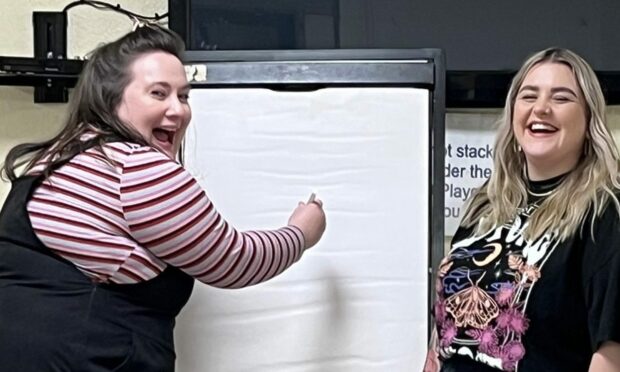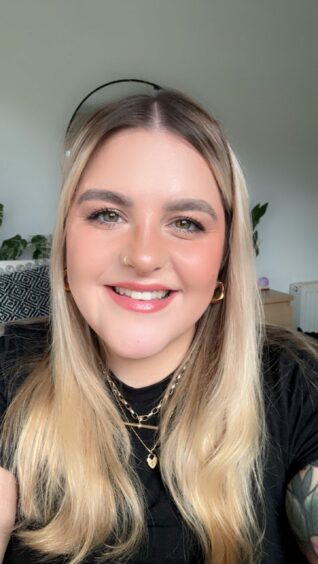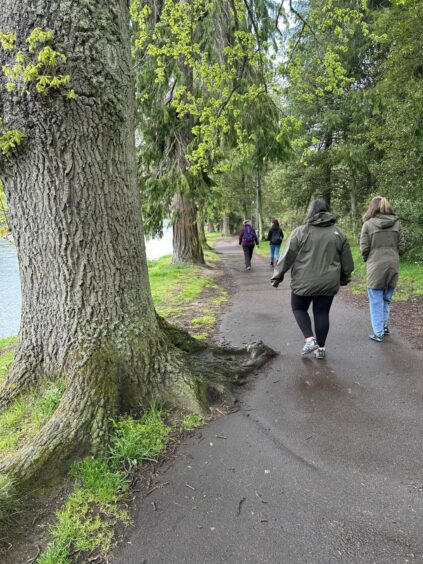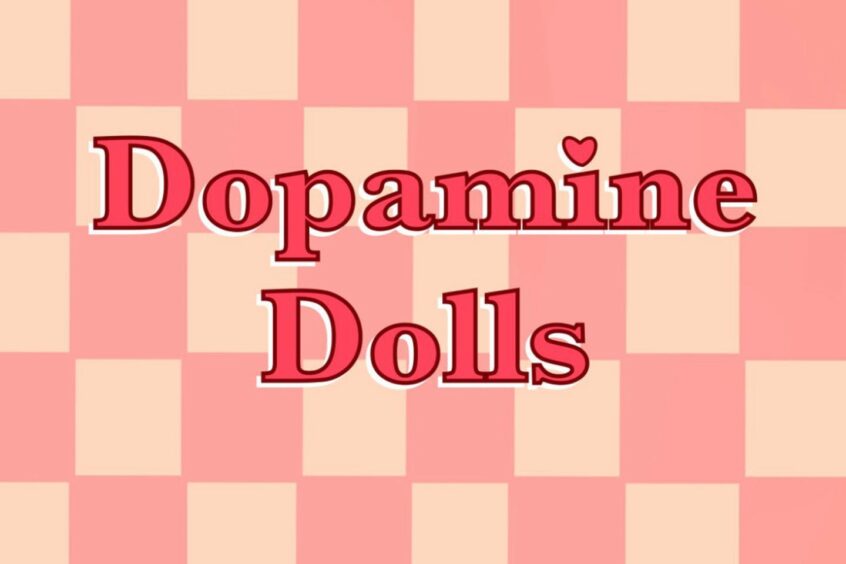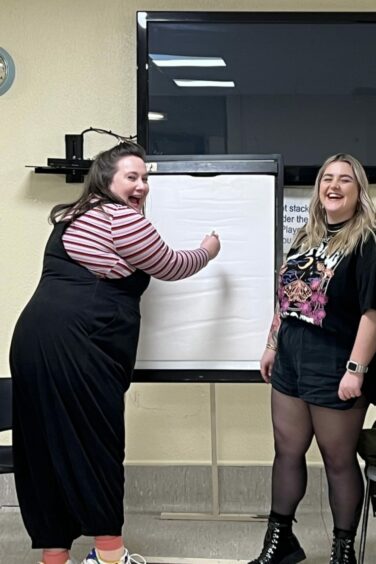For Ashley Hope, there is an irony in NHS Highland’s advice for people recently diagnosed with ADHD.
The 31-year-old social worker is the co-founder of Dopamine Dolls, an Inverness support group for people with the behavioural condition.
She started the group because there was no existing NHS help for adults like her who have been diagnosed with ADHD.
But now when someone in the area gets a diagnosis, NHS Highland gives them a list of relevant resources. At the top of that list is Dopamine Dolls.
“And we’ve only been here since January!” says Ashley, incredulously. “That shows you just how desperate they are.”
How ADHD support group Dopamine Dolls started out in Inverness
But though Dopamine Dolls’ starring role on NHS advice pamphlets might make Ashley roll her eyes, it also underlines just how successful the project she started with friend Isla Urquhart, 39, has been.
Forged out of a friendship between Ashley and Isla, who met and bonded over their ADHD symptoms, Dopamine Dolls is now a vital hub for women and non-binary people who are affected by the condition.
The first meeting was held on January 23 2023 in a community centre in Charleston. About 20 people showed up.
“We brought a lot of fidget toys for people to play with – we’d thought we’d lean in to the whole ADHD thing,” Ashley says with a laugh.
Now, online and in-person meet-ups take place at least once a week alongside activities such as countryside walks. There are also discussions and presentations; on Tuesday July 18, for example, there is a panel on ADHD and menstruation.
“We talk about all sorts of things,” Ashley says.
She cites issues such as relationships (“rejection sensitivity is a thing,” Ashley reveals), eating and diet (“I often forget to eat”) and housekeeping (“I often leave the gas hob on!”).
It’s an exhaustive list of topics, with nothing off limits.
“We haven’t spoken about sex much yet, but I see it as something we’ll probably come on to,” Ashley adds.
The importance of friendship to people with ADHD
But the most important aspect of Dopamine Dolls is community.
Meetings attract a steady stream of regulars who value the friendships within. All the more so as their condition can get in the way of personal connections.
“Friendship is a hard thing with ADHD,” Ashley explains. “There’s this concept of ‘out of sight, out of mind’ and with ADHD, and sometimes that can be the case with friends because everything grabs your attention.
“They’re able to make friendships with others in the group who are able to not take it too personally because they understand it in themselves.”
Another bond between the Dopamine Dolls is the difficulty of getting an ADHD diagnosis. In December, an Inverness councillor said families in his ward were waiting years.
Ashley was diagnosed last year, but only after a long battle.
And while any ADHD diagnosis is tough to secure, Ashley says it’s even more challenging for women and people from minority groups.
She doesn’t blame the NHS – the public body both lacks proper funding and has many things to consider when assessing someone for ADHD such as co-morbidities, depression and anxiety.
But stories abound in the group of long waits for a diagnosis, to the extent that Dopamine Dolls doesn’t require one to join. Anyone who experiences ADHD traits can come along.
Why is an ADHD diagnosis important for an adult?
Then there is the question of why adults need a diagnosis at all. Some argue that labelling personality traits such as inattentiveness and distractibility as a medical disorder can cause more harm than good.
In some circumstances – moments of creativity, for example – these traits could be considered strengths as opposed to weaknesses.
For Ashley, however, her diagnosis of combined ADHD (she displays both inattention and hyperactivity) has made a world of difference.
“If you have ADHD, you often think that you are the problem,” she says. “You give yourself really awful labels, you have such a negative self-view, because everyone else around you is frustrated with your behaviours or actions or the symptoms you experience.
“From childhood people say you’re not good enough, you’re lazy, you’re self-centered.
“So when you get a diagnosis, it says you’re not these things. Instead, you have a condition or disorder that ultimately makes you behave like that.”
What’s next for Dopamine Dolls?
The next stage for Dopamine Dolls is to continue the meet-ups and grow the community.
Ashley even has plans for a men’s group. Dopamine Dudes, perhaps?
“That’s exactly what I want to call it.” she says, laughing. “I tell people all the time, and I’m like, nobody steal it!”
